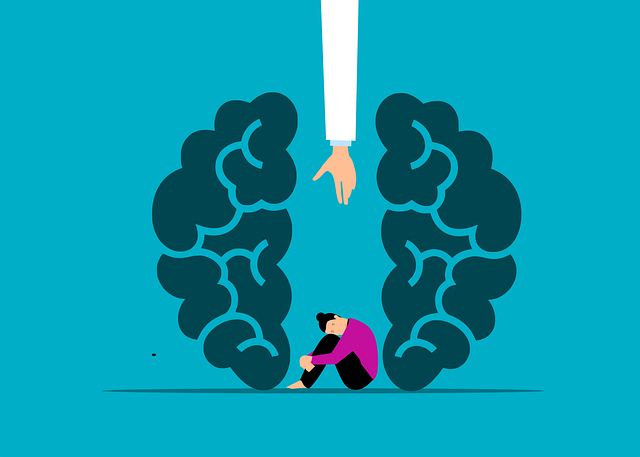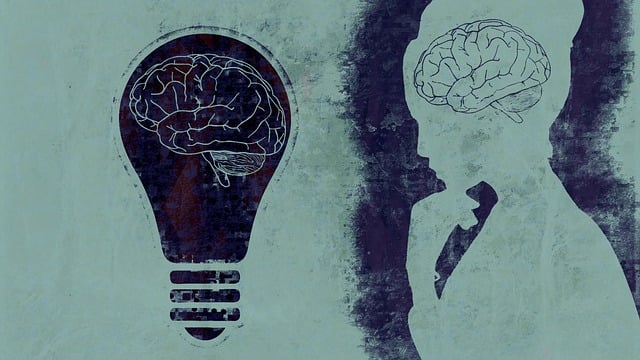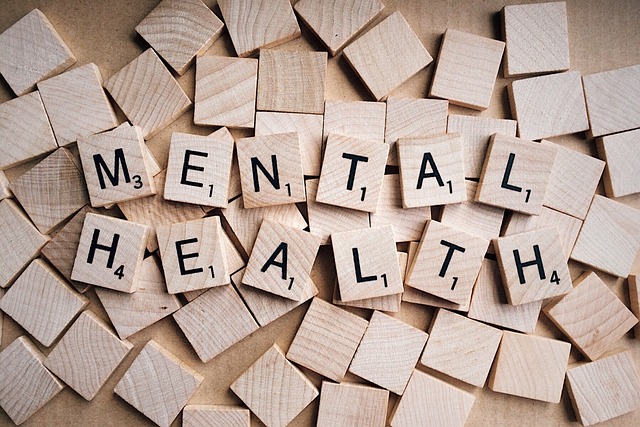Stress in young children, caused by developing brains and life changes, is managed through early intervention techniques like CBT, mindfulness, and relaxation exercises. Recognizing physical and behavioral signs is crucial for adults to offer support. Programs integrating CBT, mindfulness, and structured environments empower kids with practical skills to navigate stressors, enhancing well-being and resilience. Creating supportive homes with consistent routines and relaxing activities further aids stress management, reducing mental health stigma through open conversations.
Stress reduction is an essential aspect of healthy development for young children, yet understanding their unique stress responses can be challenging. This article explores effective methods to help kids cope with stress, focusing on Cognitive Behavioral Therapy (CBT), mindfulness techniques, and parenting strategies. By recognizing the causes and signs of stress in young minds, parents and caregivers can create a supportive environment fostering resilience and emotional well-being. Discover practical tools to manage and reduce stress in children, empowering them with lifelong coping mechanisms.
- Understanding Young Children's Stress: Causes and Signs
- Cognitive Behavioral Therapy (CBT): A Powerful Tool for Stress Management in Kids
- Mindfulness and Relaxation Techniques for Calming Young Minds
- Creating a Supportive Environment: Parenting Strategies for Stress Reduction
Understanding Young Children's Stress: Causes and Signs

Stress in young children can stem from various sources, often linked to their developing brains and changing lives. Causes range from academic pressures and social interactions to changes in routines or major life events like moving houses or losing a loved one. Recognizing signs of stress is crucial for parents, caregivers, and educators. Children might exhibit physical symptoms such as frequent headaches, stomachaches, or changes in appetite, sleep disturbances, or even behavioral shifts, becoming more irritable or withdrawing from activities they once enjoyed.
Early intervention is key to helping young children manage stress effectively. Therapy for young children can include various techniques tailored to their age and needs, focusing on coping skills development. Simple strategies like deep breathing exercises, positive self-talk, and engaging in creative play can be powerful tools. In more severe cases, crisis intervention guidance from professionals can help navigate intense or persistent stress responses. Even community outreach program implementations aimed at supporting children’s mental health can provide valuable resources for both families and educators.
Cognitive Behavioral Therapy (CBT): A Powerful Tool for Stress Management in Kids

Cognitive Behavioral Therapy (CBT) is a highly effective tool for helping young children manage stress. By teaching kids to identify and challenge negative thoughts, CBT empowers them to develop healthier thinking patterns and coping mechanisms. This therapy focuses on the connection between thoughts, feelings, and behaviors, allowing children to understand how their thought processes contribute to stress and anxiety. Through engaging activities and exercises tailored for their age group, CBT helps young minds cultivate inner strength and build confidence in dealing with challenging situations.
Stress Management Workshops Organization often incorporates CBT techniques into their programs, providing a structured environment for kids to learn these valuable skills. By participating in such workshops, children gain practical tools not only for managing stress but also for enhancing their overall well-being and resilience. The inner strength development and confidence boosting aspects of CBT are particularly beneficial, enabling kids to navigate life’s stressors with greater ease and self-assurance.
Mindfulness and Relaxation Techniques for Calming Young Minds

Mindfulness and relaxation techniques offer a peaceful sanctuary for young minds overwhelmed by stress. These practices, often introduced through therapy for young children, empower them with essential coping skills. Simple exercises like deep breathing, where kids learn to control their inhalation and exhalation, can significantly reduce anxiety levels. Encouraging them to focus on the present moment, rather than worrying about the future or dwelling on the past, fosters a sense of calm.
Incorporating mindfulness into daily routines can be as easy as taking a few minutes for silent observation—a quiet walk in nature, sitting still with closed eyes, or simply paying attention to senses during mealtime. Social skills training and communication strategies, when combined with these techniques, enhance the benefits. Positive thinking becomes more accessible as kids develop an awareness of their thoughts and emotions, enabling them to reframe negative thoughts and cultivate a more optimistic outlook.
Creating a Supportive Environment: Parenting Strategies for Stress Reduction

Creating a supportive environment is crucial for stress management, especially when it comes to young children who are still developing emotional regulation skills. Parents play a pivotal role in fostering mental wellness by transforming their homes into calm, nurturing spaces. One effective strategy is establishing consistent routines; daily rituals like set bedtimes and mealtimes provide structure, reducing the unknowns that often trigger stress in kids.
Additionally, incorporating relaxing activities such as reading together, engaging in arts and crafts, or simply playing outdoors can help alleviate tension. Creating safe, designated spaces for children to unwind, away from noisy siblings or stimulating electronics, enables them to practice emotional coping mechanisms. These parenting strategies not only aid in therapy for young children but also contribute to mental illness stigma reduction efforts by promoting open conversations about stress and healthy coping habits.
Stress reduction is a vital aspect of fostering healthy development in young children. By understanding the causes and signs of stress, parents can employ effective strategies such as Cognitive Behavioral Therapy (CBT) and mindfulness techniques to create a calming environment. These methods empower kids to manage their emotions and build resilience, ensuring they grow up with essential tools for navigating life’s challenges. Incorporating these practices into daily routines can significantly enhance the well-being of young individuals, setting them on a path towards better mental health.













